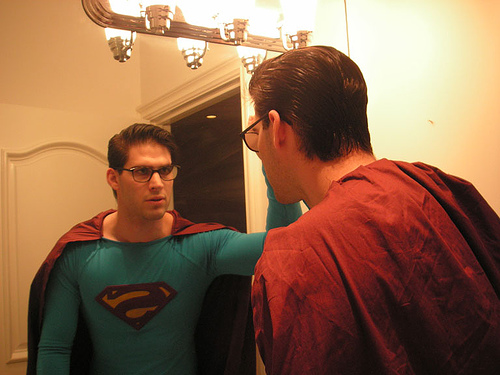A few months ago, a friend of mine had some helpful comments about how a particular problem project could be put back on course. A few days after, he was asked if he could spend 3 weeks overseas getting the project back on track. Quite nonplussed, he refused saying, “When did the hole someone else dug suddenly become a problem for me and my family to deal with?” but he did offer to help with the project via teleconferences. Still today he sacrifices quite a bit of his time working to bring the project to closure. He has a track record for getting things fixed and completed, and for that very reason, he gets asked to do more and more.
We all know many heroes: people who regularly take problem situations and turn them around. When asked, they step up to the challenge and deliver. At some point though, competence ends up being its own punishment. They get asked and asked and asked and then exhausted, wonder if instead of being a hero, they are simply allowing others to escape the consequences of their decisions.
We all feel this tension from time to time: the desire to give, hesitant that it might not be helpful. We wrestle with whether to give money to the person on the street corner, whether to continue to saving projects that should fail, whether to give up our own desires for the sake of another. While there are times the decision is easy, someone drunk asks for money to go buy more booze, or a responsible friend needs to borrow some money, but many times we have to wrestle with the implications on both sides. We want to be generous, but we also want to help others longer term. They will only learn when they feel the consequences of the actions that got them in trouble. We hate seeing those we love feeling pain, but when the gift becomes an expectation, perhaps we’ve ceased to be generous. Of course, we naturally tend toward choosing our own comfort and instead of giving into that, we should error toward sacrificing heroically.

Leave a Reply